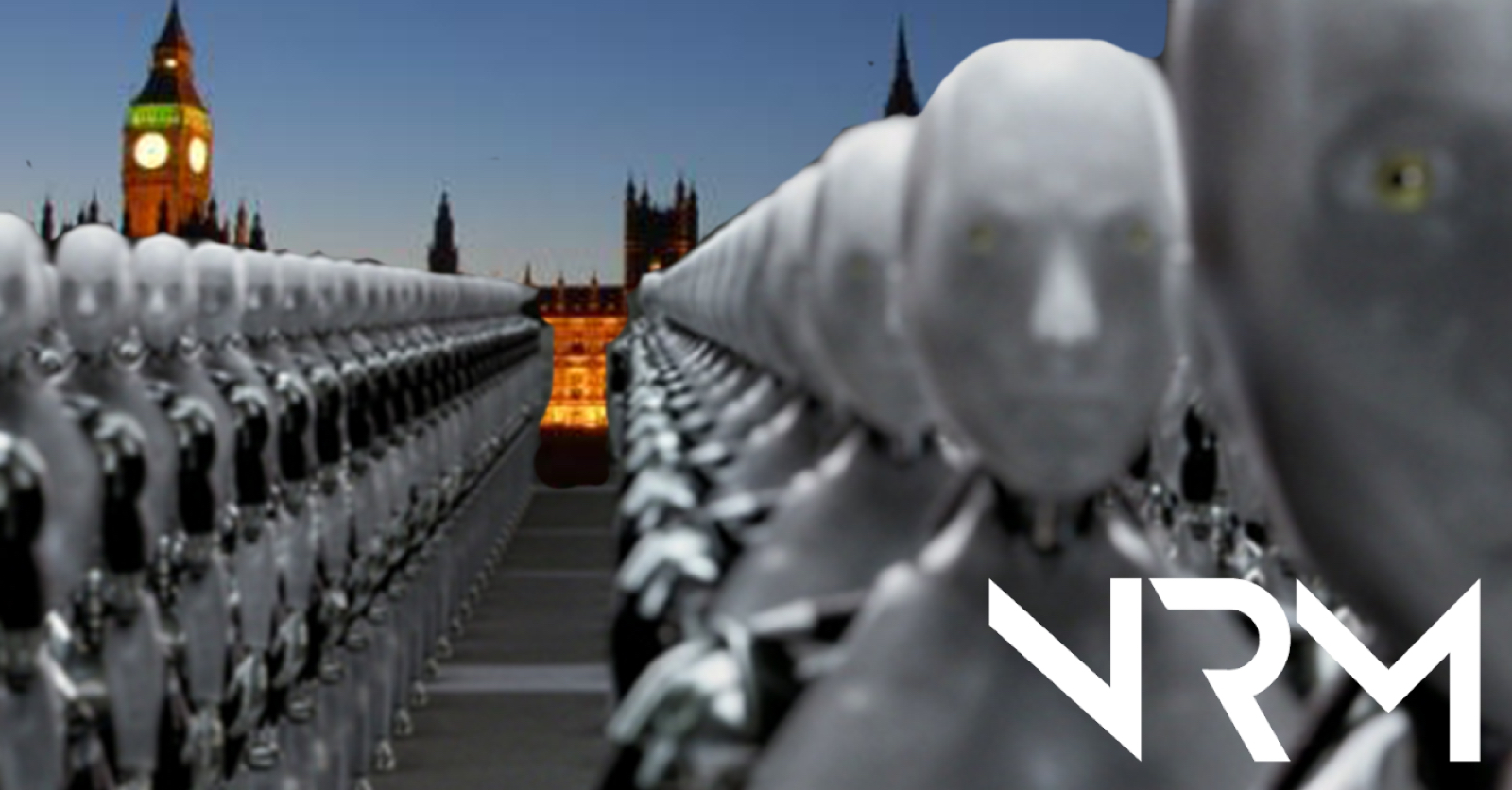
Artificial Intelligence Deal Shows The UK Government And ‘I, Robot’ Have A Lot In Common
Our government just made a £1 billion deal to be at the forefront of artificial intelligence. But from the way they’re talking about it, I can’t help but draw comparisons to a particular Will Smith sci-fi…
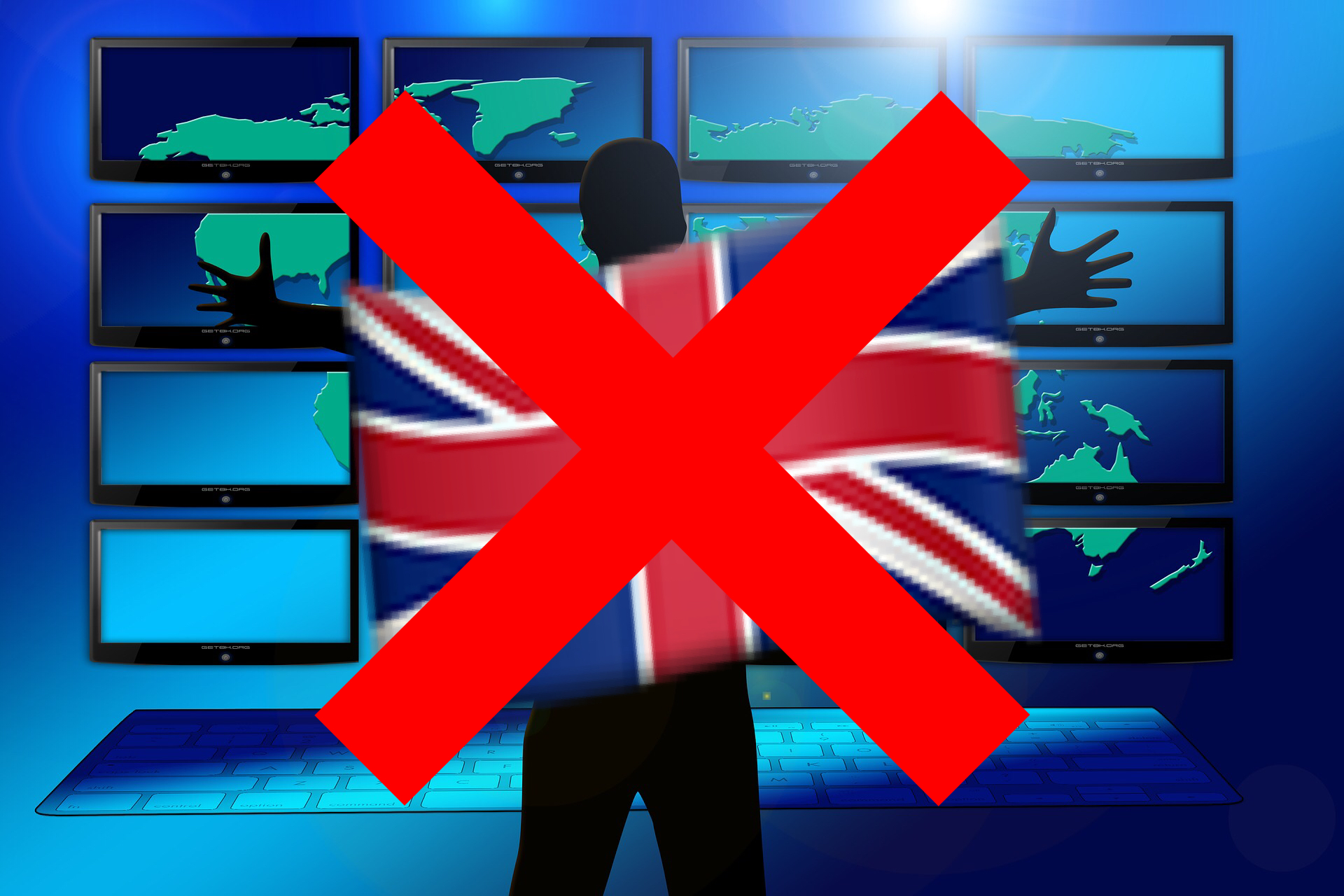
UK’s Mass Digital Surveillance Powers Ruled Illegal - What Does It Mean For The Future Of Privacy?
UK Government have been forced to change their controversial mass digital surveillance regime, as Appeal court judges have ruled the snooper’s charter unlawful.

Queens Speech 2017: What It Means For UK Tech Over The Next Two Years
For the next two years, Britain is all about space industry, data protection and automated electric vehicles.
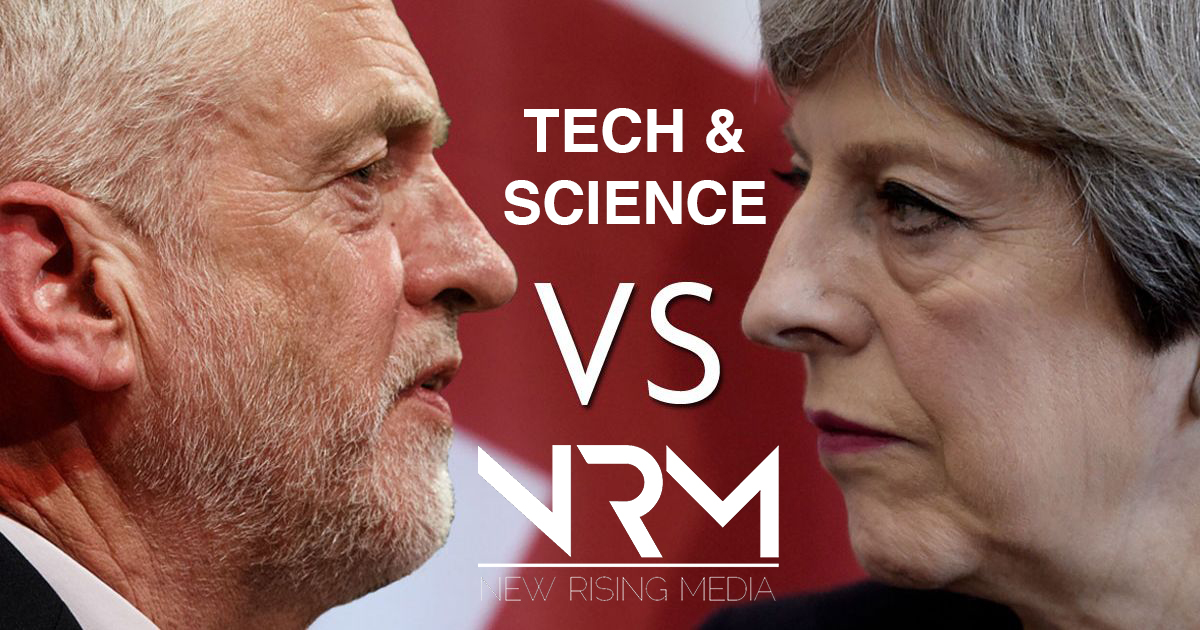

Britain 4G Coverage Is Worse Than Romania, Panama and Peru. UK Government Must Do Better With 5G
A new report by The National Infrastructure Commission shows that Britain is being held back by mobile connectivity that is worse than Albania, Panama, Peru and Romania.

Investigatory Powers Bill Is Officially Becoming Law: How The Snooper’s Charter Will Affect You
People who signed that petition – you’re too late. The Investigatory Powers Act has just been given Royal Assent, meaning that UK Government is soon to become one of the most advanced surveillance states on the planet.

Spying On Your Internet History And A Ban On Niche Porn. Here’s What The UK Government Can Do With The Investigatory Powers Bill And Digital Economy
The Autumn Statement may have distracted you from this, but The Investigatory Powers Bill is now as good as passed, with the Digital Economy Bill shortly behind.

UK Government Just Admitted To Illegally Spying On Citizens for 17 Years, But Won't Stop
After a legal battle that spanned more than a year, the UK government's surveillance agency - GCHQ - admitted to illegally spying for the past 17 years and apologised for their actions. But then, thanks to some tiny changes in GCHQ policy, it turns out they can carry on without being punished.
Isn't that some bull shit...
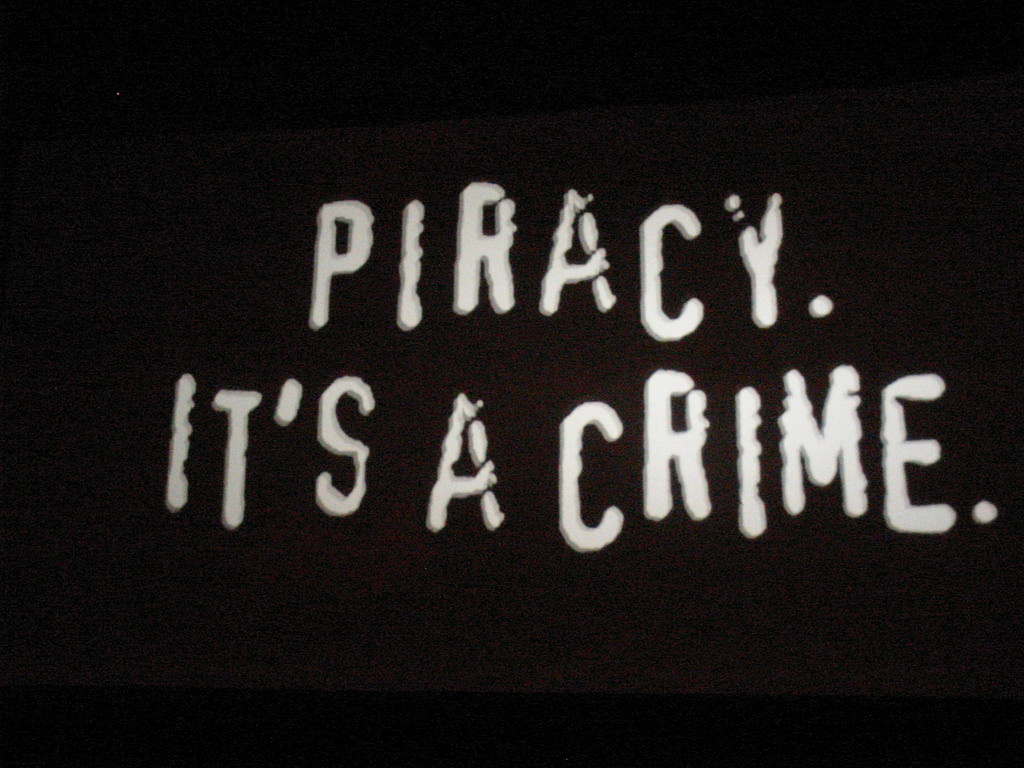
Online Piracy Can Now Get You Up To 10 Years In A UK Prison
If you’re a regular online pirate in Britain, you may want to stop now. UK Government just introduced the new Digital Economy Bill, which despite public protest has increased the maximum prison sentence to ten years.

UK Conservative party plans mandatory age checks on porn sites
If elected in May, the Conservative party has promised to introduce mandatory age-restriction controls for porn sites. Any who do not comply will face closure.

British government backs plans to build Europe's first space port in the UK
The British government have approved plans to build a spaceport in the United Kingdom, set to be fully build and operational by 2018.
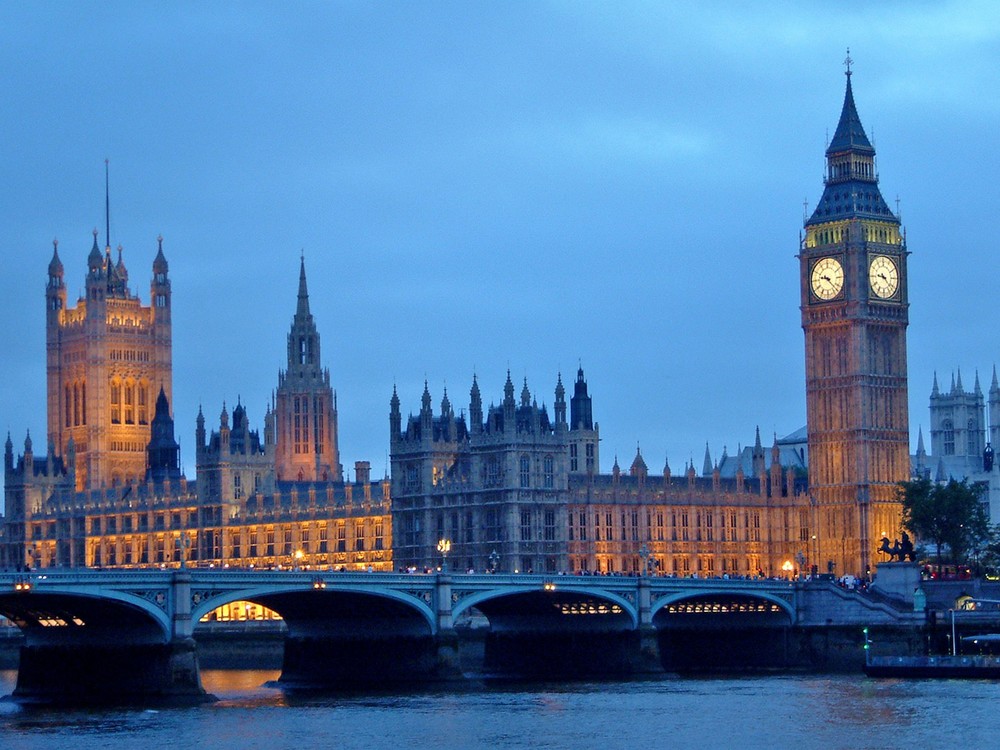
Parliament's Porn Habit Laid Bare. 300,000 Attempts To Access 'Adult' Websites From Work Computers
The Houses of Parliament maybe debating a crackdown on online pornography; but that doesn't stop the 'adult' urges whilst hard at work. Official records obtained by the Huffington Post suggest that more than 300,000 attempts were made to access porn websites from their work computers in the past year.

New UK Image Copyright Law Allows Anyone To Use Uploaded Images. The Government Responds
The Enterprise Regulatory and Reform Act, which puts controversial new copyright laws around what is called "orphan works" in place for photos uploaded onto the internet, received Royal Assent and will be published on May 2nd 2013.
Will We Soon Need To “Opt-In” At Broadband Sign-Up To View Online Pornography?

Under-18s may soon have to pluck up the courage to ask their parents to remove that block on internet pornography if ministers of the UK government get their way in approving a change in the law that would give parents even more control over the type of content their broadband provider provides.
UK Government Report Urges ISPs To Take Down Terrorist Content

A Government report on the roots of religious radicalization and terrorism has sent out a message to ISPs to curate and regulate potentially illegal content that incites terrorism, concluding that the internet "features in most, if not all, of the routes of radicalization."

